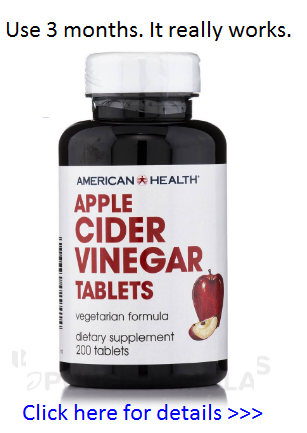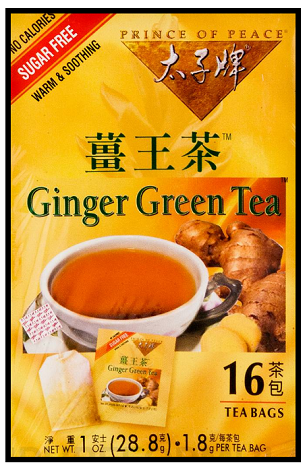If you ask me whether the food you eat really play a role in getting conception?
My answer would be ”yes”. The foods you eat play an important role in getting pregnant. But managing the mind is also vital because you are the combination of body and mind. Good thoughts are to the mind and good food is to the body.
The real reason you are not getting pregnant
The pills you take don’t give you health. The food you take alone gives you the health. Here I want you to understand that the pills manage the symptoms but cannot restore your reproductive health. Nutritious foods restore your fertility health.
Only depending on pills and lack of focus on nutritious foods is the real reason why you are not getting pregnant. When you focus on pills, you’re only focusing on the symptoms and neglecting the disease unknowingly. Click here to find out more on this…
Look!
I can feel your pain and agony of not becoming a mom to your child. And that is why you desperately want kids. Unfortunately, modern medicine is failing you repeatedly. No wonder you’re upset but you don’t want to give up your hope of becoming a mom. The intent of my work is to help you sustain your dream till you hold your child in your hands.
Here is what you need to realize…
Infertility is nothing but the imbalance in your body. You may think that it is very complicated, but if you comprehend it, you will realize that it is not so hard.
Did you know why getting pregnancy become so hard for you?
The foods you eat are acidic, contain toxins, harmful chemicals, food allergens and so on and so forth. As a consequence, your body systems getting affected. Infertility is one such manifestation.
All that you have to do is understand what foods are causing the problem and what foods cure the problem. Once you understand this, you can avoid those foods that are aggravating the problem and take foods that lower the problem. In this way, you can bring back balance in your body and restore your health.
This article enhances your understanding of various foods and its effects on your body. This helps you adapt to good food habits, boost fertility and get pregnant naturally.
Infertility and problems like PCOS, Fibroids and Endometriosis are caused by the following 5 major factors.
- Hormonal imbalance
- Excess or low blood sugar levels
- Hidden inflammation in the body
- Weakened immunity system
- Increased stress levels
So the foods you take should REVERSE the effects of the 5 problems referred above.
Here are the 20 foods that are crucial to correct hormonal imbalances, set right blood sugar metabolism, reduce inflammation, enhance immunity and reduce your stress levels.
1. Flax seeds:
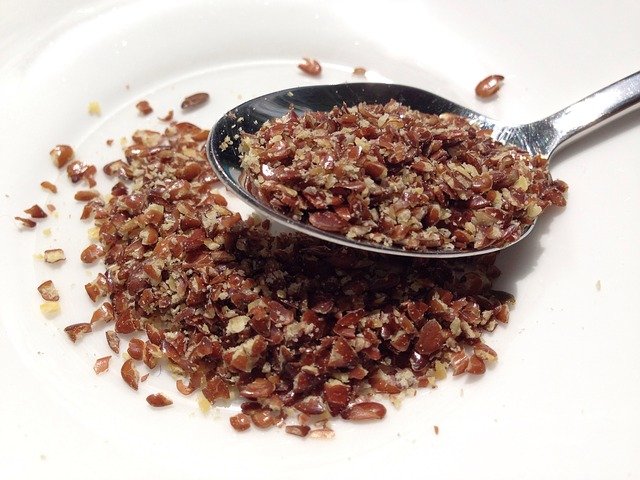
Flaxseeds are also commonly referred to as linseed. The phytoestrogens present in them are referred to as lignans. The seeds are generally ground and used in bread, cereals and salads to boost the absorption rate.
The dietary fiber and omega-3 fatty acids found in flax seeds improves bowel movement and in the process eliminates excess estrogen from your body. Check out the full here.
2. Soybeans

Soybeans are one of the richest sources of phytoestrogens. It is beneficial in providing relief from menstrual problems like cramps or pain by restoring the estrogen levels in the body. Check out the full here.
3. Dried Fruits:
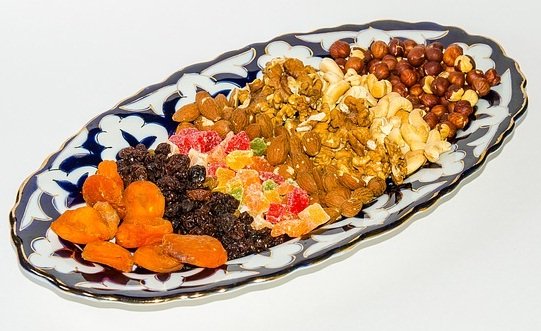
Dried fruit, especially dried apricots, dates, and prunes, can help balance your estrogen levels in a big way. They are also a healthy snack that can keep you away from the vending machine with a sweet and satisfying chewiness, as well as added fiber.
These dried fruits contain phytoestrogens, which will mimic the way estrogen is used by the body, helping to fill any shortages you may have in estrogen, and producing the same effect as if you had generated more estrogen in the body. Check out the full here.
4. Chickpeas

Chickpeas are a natural source of phytoestrogen, which isn’t actually estrogen but does a good job of standing in for it.
The most common way chickpeas are prepared and eaten is in the form of hummus, but falafel is also a popular way to go. They don’t have much flavor of their own, so it’s important to mix them with other foods, spices, and seasonings to make them something you’ll enjoy eating.
Chickpeas are also high in fiber and protein, which makes them a great choice if you’re looking to reduce your meat consumption. They’ll help you feel full, and keep you feeling that way longer because of that combination of fiber and protein.
Tips for eating more: Hummus is perhaps the easiest way to eat more chickpeas, and is basically made from mashing up chickpeas and adding tahini and olive oil until the right consistency is achieved. Salt and pepper to taste. Check out the full here.
5. Peas and Beans.

Peas are the perfect side dish if you’re looking for an estrogen boost. That’s because they are a source of phytoestrogens, much like many of the other foods featured here.
The phytoestrogens found in these plants are not identical to the estrogen produced by the body, but the body uses them in the same manner and they can help regulate hormone balance. Check out the full here.
And like many foods on our list of estrogen foods, peas bring more to the table than just phytoestrogens. They contain minerals like magnesium, iron, and potassium, even pack some protein.
Tips for eating more: Peas are typically thought of as a side dish, but can also factor into a casserole. They also taste great in soups and come in a few different forms to keep things interesting, like sugar snap peas and snow peas. Check out the full here.
6. Blueberries:
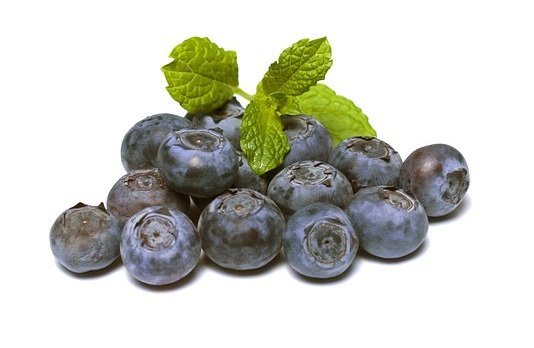
These are high in antioxidant capacity compared to other fruits and vegetables.They are also lower in sugar than many other fruits.
Participants in the study who consumed at last 3 servings of low-GI fruits per day (including blueberries) saw significant improvement in their regulation of blood sugar over a three-month period of time. (Their blood levels of glycosylated hemoglobin or HgA1C were used as the standard of measurement in this study.) It’s great to see blueberries providing these clear health benefits for blood sugar regulation! Check out the full here.
7. Oranges:
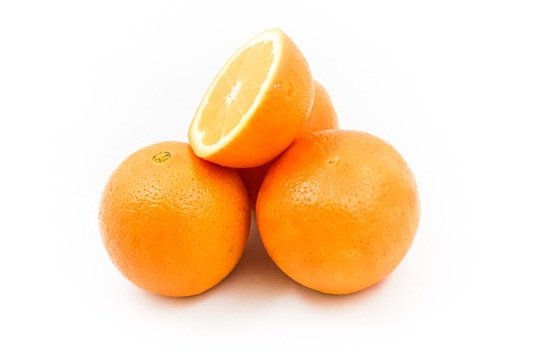
An orange is an excellent source of pectin, a soluble fiber shown to lower LDL cholesterol levels, Smithson says. Although they’re sweet, oranges actually have a low glycemic index (GI), according to the American Diabetes Association (ADA). And the lower a food’s GI, the less it affects blood sugar and insulin levels. Do factor in that one medium-sized orange has 15 grams of carbohydrate, Smithson notes.
Oranges also provide key nutrients including vitamin C. Opt for the whole fruit instead of juice for more fiber and antioxidants that may help prevent cell damage, Check out the full here.
8. Almonds:
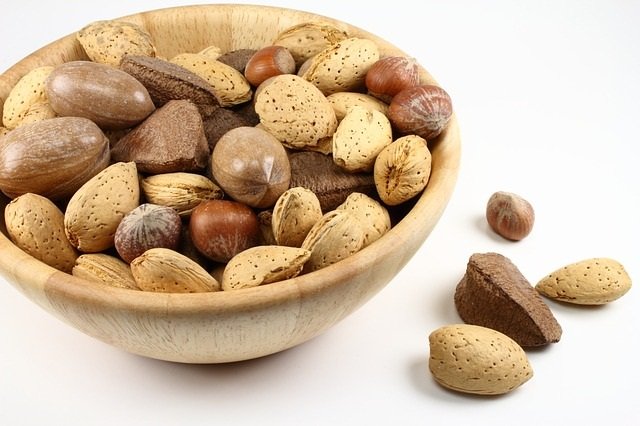
Almonds are high in vitamins B and E, fiber, iron, protein, magnesium, and zinc — and low in carbohydrates that increase blood sugar levels, Smithson says.
And since diabetes makes you more likely to have high LDL or “bad” cholesterol, adding nuts to your diabetes diet is a smart move. Almonds are an excellent source of unsaturated fats, which can help lower your LDL cholesterol and raise your HDL, or “good” cholesterol levels, Smithson notes.
Add almonds to salads or try a tablespoon of almond butter as a snack, she suggests. Just watch your portions and steer clear of packaged nuts with any added sugar or salt. Check out the full here.
Almonds, while nutritionally beneficial to most people, are especially good for people with diabetes. “Research has shown that almonds may reduce the rise in glucose (blood sugar) and insulin levels after meals,” says Kochenbach. Check out the full here.
9. Cinnamon:

You may think of cinnamon and sugar together on toast. But cinnamon is potent in reducing blood sugar and reducing the risk of developing type 2 diabetes.
A 2011 meta-analysis of several studies showed that both whole cinnamon and cinnamon extract lower fasting blood glucose.
But beware. There are several different kinds of cinnamon that produce different results. Saigon cinnamon contains high levels of coumadin, a blood thinner. Ceylon cinnamon may be safer. Check out the full here.
10. Vinegar
Apple cider vinegar has been popular in health food circles for a long time. It seems there is something to the hype. The acetic acid in vinegar reduces certain enzymes in the stomach.
A study published in Diabetes Care reported that drinking a mixture of apple cider vinegar and water before eating has benefits. It helped increase sensitivity to insulin and reduced a spike in blood sugar after eating starchy food in those with prediabetes as well as those with type 2 diabetes. Check out the full here.
11. Spices
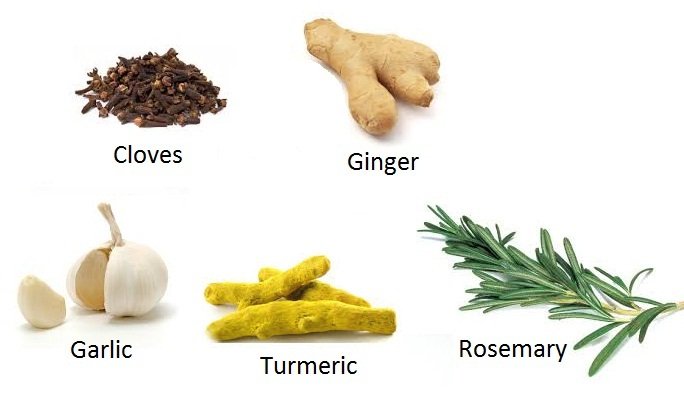
Spices like Cloves, Ginger, Rosemary, Turmeric, Garlic are contained antibacterial, antiviral, antifungal, and antioxidant properties.
Studies have shown that curcumin, a compound in turmeric, may reduce inflammation in the body.
The anti-inflammatory properties of ginger have been praised for centuries, and scientific studies have confirmed its benefits.
Studies have proven that the Cinnamon spice has anti-inflammatory properties, which could help to ease swelling.
The anti-inflammatory properties of garlic have been proven to ease arthritis symptoms. Check out the full here.
12. Leafy greens
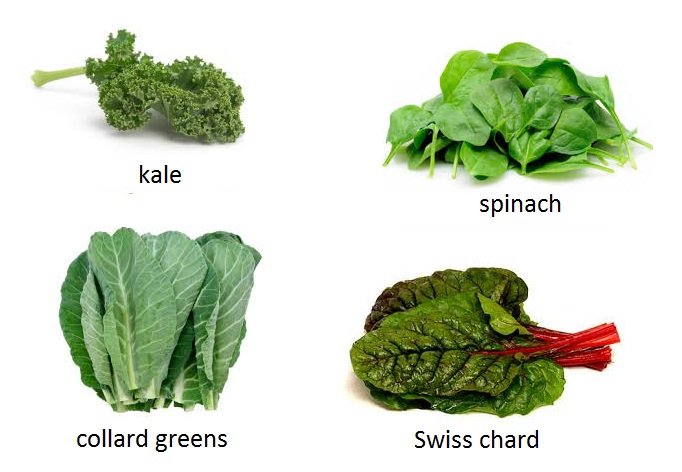
kale, spinach, collard greens and swiss chard contain powerful antioxidants, flavonoids, carotenoids, and vitamin C all of which help protect against cellular damage. Check out the full here.
13. Berries
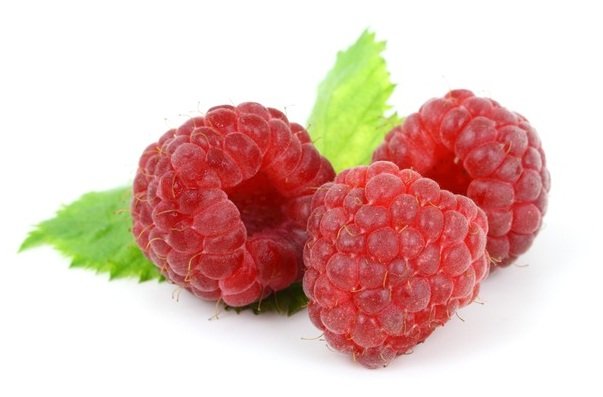
All fruits can help fight inflammation because they’re low in fat and calories and high in antioxidants. But berries, especially, have been shown to have anti-inflammatory properties—possibly because of anthocyanins, the powerful chemicals that give them their rich color.
Studies have shown, for example, that red raspberry extract helped prevent animals from developing arthritis; that blueberries can help protect against intestinal inflammation and ulcerative colitis; and that women who eat more strawberries have lower levels of CRP in their blood. Check out the full here.
14. Whole grains
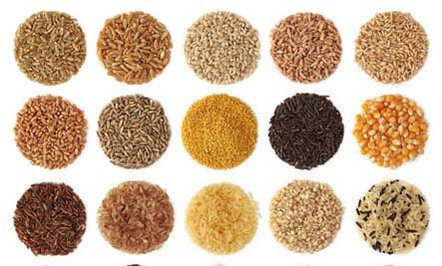
Consuming most of your grains as whole grains, as opposed to refined, white bread, cereal, rice, and pasta can help keep harmful inflammation at bay.
But a 2013 Harvard study found that not all products labeled “whole grain” are much healthier than their refined counterparts. To be sure you’re getting the benefits, look for foods with a whole grain as the first ingredient, and no added sugars. Check out the full here.
15. Nuts
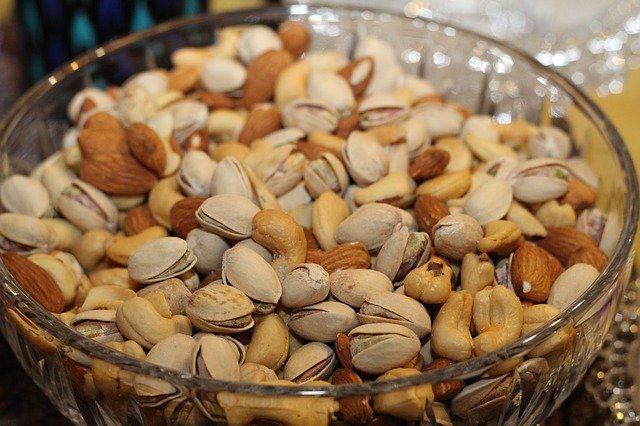
Stress depletes your B vitamin stores and snacking on nuts helps replenish them. “B vitamins keep our neurotransmitters in their happy place and help us handle the fight-or-flight stress response,” says Ellen Albertson, Ph.D., R.D., a psychologist in Burlington, Vermont, and founder of smashyourscale.com.
16. Red Peppers: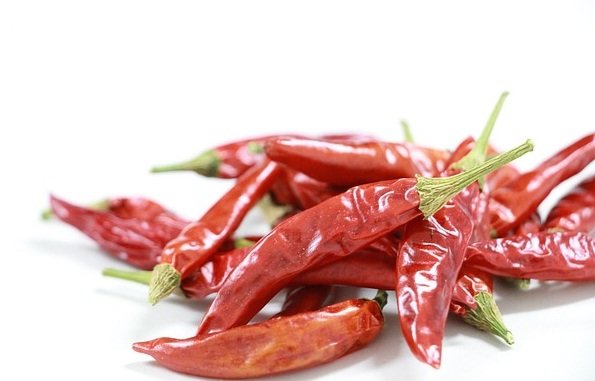
While oranges get all of the vitamin C hype, red peppers have about twice as much. In a study in Psychopharmacology, people who took high doses of C before engaging in stress-inducing activities had lower blood pressure and recovered faster from the cortisol surge than those who got a placebo. “Diets loaded with vitamin-C-rich foods lower cortisol and help people cope,” says Elizabeth Somer, R.D.
17. Salmon

“To keep your wits about you when life gets hairy, you need omega-3s, especially DHA,” says Somer.
In a study in Brain, Behavior and Immunity, people who took a daily omega-3 supplement (containing DHA and EPA) for 12 weeks reduced their anxiety by 20 percent compared to the placebo group.
18. Spinach
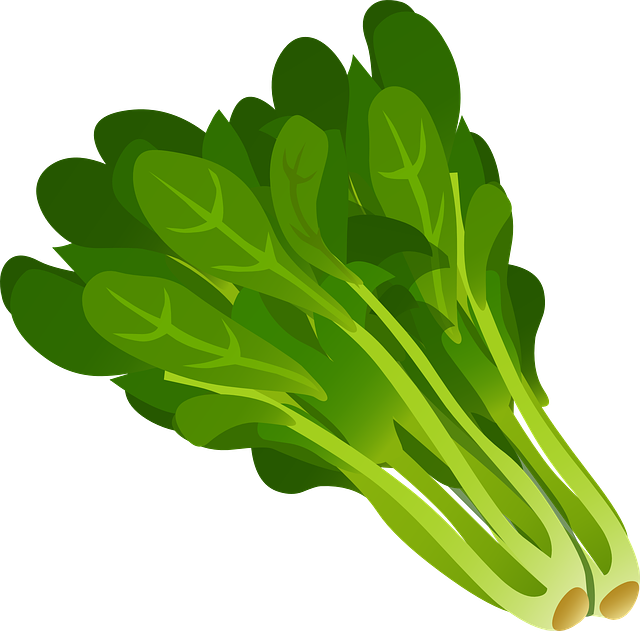
This leafy green veggie is rich in stress-busting magnesium. People with low magnesium levels (most of us, actually) are more likely to have elevated C-reactive protein levels—and research shows people with high CRP levels are more stressed and at a greater risk for depression.
19. Oatmeal
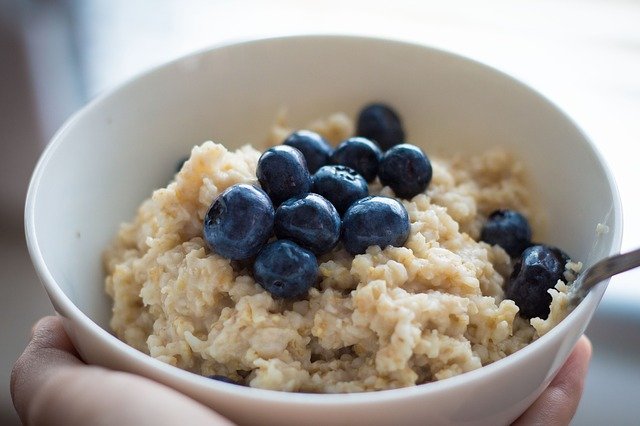
“Oatmeal is warm and comforting—and it also helps your brain generate the de-stressing neurotransmitter serotonin,” says Albertson. Research in the Archives of Internal Medicine shows carb-eaters felt calmer than those who shunned carbs. The carb-avoiders reported feeling more stressed. Any carb won’t do, however. Refined carbs (white bread and pasta) digest faster and spike blood sugar, messing with moods and stress. Complex carbs like oatmeal are digested more slowly and don’t spike blood sugar.
20. Herbal or Green Tea
A study from University College London discovered that tea drinkers de-stressed faster and had lower cortisol levels than those who drank a placebo.
Although (caffeinated) black tea was used in the study, caffeine revs the stress response in many people, so stick to decaf and herbal teas.
“Drinking herbal teas like chamomile, peppermint or ginger can be wonderfully soothing to the digestive tract, which can help with stress by calming the nervous system in your gut,” says Kathie Swift, M.S., R.D.N., author of The Swift Diet. Check out the full here.
Today I have given you a comprehensive list of foods that you can use them in your diets. These foods fight all the infertility problems and help you get pregnant naturally.
Treat each of the foods referred to here is medicine for your problem.
Want to hear the spiritual truth…
You have a deep-seated longing to bear the child. If your child wants to grow in your womb… Is it not necessary to create a healthy nutritious and toxin-free environment in your body? So keep your body as a sacred place so that it attracts a new life into your body. If you can do so, God has no alternative but to bless you with a child.
Now you know the foods that you need to boost your fertility, so the chance of getting pregnant improves.
But that’s not all…
One of the mistakes every woman who is trying to conceive is focusing on the list of good foods with an intention of conceiving fast.
No doubt!
Eating the fertility boosting foods enhance fertility by providing the right nutrition for your cells. But that is not enough. You must also avoid certain foods to get pregnant faster…
The reason why you should avoid these foods is to eliminate the toxins from your body and restore your body balance. Restoring the body balance is the secret to getting pregnancy very fast.
And that is why…
Don’t try to focus on conception without restoring hormonal balance
Focusing only on conception is like focusing on the fruit and ignoring the soil. This is the reason why you are not getting pregnancy no matter what you do. Ignoring the soil may shatter your dream of becoming a MOM.
The secret to conceive fast is this…
Focus on nutrients including proper vitamins, minerals, omega-3 fatty acids and other lifestyle changes to restore your hormonal balance.
And don’t forget…
The list of foods to avoid for boosting your fertility…
1. Avoid diet soda soft drinks and coffee
Avoiding the foods containing artificial sweeteners is a must if you want to conceive fast. Research linked consumption of sweeteners with infertility.
At first glance, diet soda may seem like the healthier choice over regular sugar-filled beverages, but in the long run, it may not be any better than its high-calorie counterparts. According to a new study, both diet and regular soda could affect the health of a woman’s eggs and compromise her ability to become pregnant through artificial means. Read full story
They found women who regularly drank diet soft drinks or used artificial sweetener in their coffee showed decreased egg quality, embryo quality, and reduced implantation and pregnancy rates. Regular consumption of either soft drinks or coffee containing sugar also appeared to decrease egg quality. Read full story
2. Avoid Pizza Cakes Bread Bun Pastries and Muffins containing cancer causing potassium bromate
Potassium bromate is a toxin that affects your nervous system and eventually your endocrine system. Toxins disturb your hormonal balance and result in all kinds of fertility problems.
So it is the best to avoid all kinds of bread, pizzas, cakes, buns, and pastries containing cancer causing food additive potassium bromide. Read details
What is the takeaway from this article?
Now You know which foods eat and which foods to avoid.
Using this knowledge make necessary changes to in your diet style.
Changing the diet style is the key to enhance the fertility.
Remember this…
Fighting infertility and saving the womanhood is your responsibility.
Doctors at the most manage the symptoms for a while.
So don’t hand over your responsibility to the Doctors completely.


